Globally, rapid population growth and industrial development become very hard challenges facing modern societies. Although water covers two thirds the surface of the earth, only a 3% of this water is fresh water suitable for human consumption and use. Currently, one-fifth of the world's population is facing scarcity in water resources. Another one quarter do have access to water, however they lack proper treatment methods to make it potable. By 2030, this water shortage is expected to affect up to 40% of world inhabitants. Therefore, finding sufficient fresh water resources has become a top priority in the strategic plans of most governments.
Egypt is the most populous country in North Africa and the Arab region and home to one of the fastest-growing populations globally. The rapidly swelling number of inhabitants has led to a rapid increase in energy and water demand, putting a strain on the country’s domestic energy and water resources. Egypt is suffering an acute shortage of fresh and clean water.
Through understanding the unique needs of Egypt, this research project aims to develop an innovative solution to overcome the fresh water scarcity. Hence, the aim of the project is to reduce the health implications of poor population around coastal areas by providing them fresh and clean water. The proposed unit will be transportable and economic alternative to the conventional land-based desalination units in coastal cities. This project brings together University of Strathclyd’s technical expertise in marine applications and EDRC’s desalination know-how and access to the stakeholder communities. The project is considered as a first link and collaboration between stakeholders in UK and Egypt.
This proposal aims to develop a novel renewable energy powered mobile floating desalination platform for Egypt to reduce the fresh and clean water scarcity around coastal areas. The specific objectives are as follows:
Identify the conventional RO desalination process problems that reduce efficiency and cause interruption in fresh water production.
Apply modern techniques to achieve optimum design for renewable energy powered floating desalination platform to provide day long fresh water to suffering coastal areas which will enhance welfare of the people.
To support research and innovation capability / capacity building in EDRC to design and build marine desalination platforms.
Initiate the innovation capacity of marine desalination sector through developing a framework for design and improvement which can be repeated for other desalination projects in future.
Achieve successful public and stakeholder engagement through conducting effective dissemination activities.




